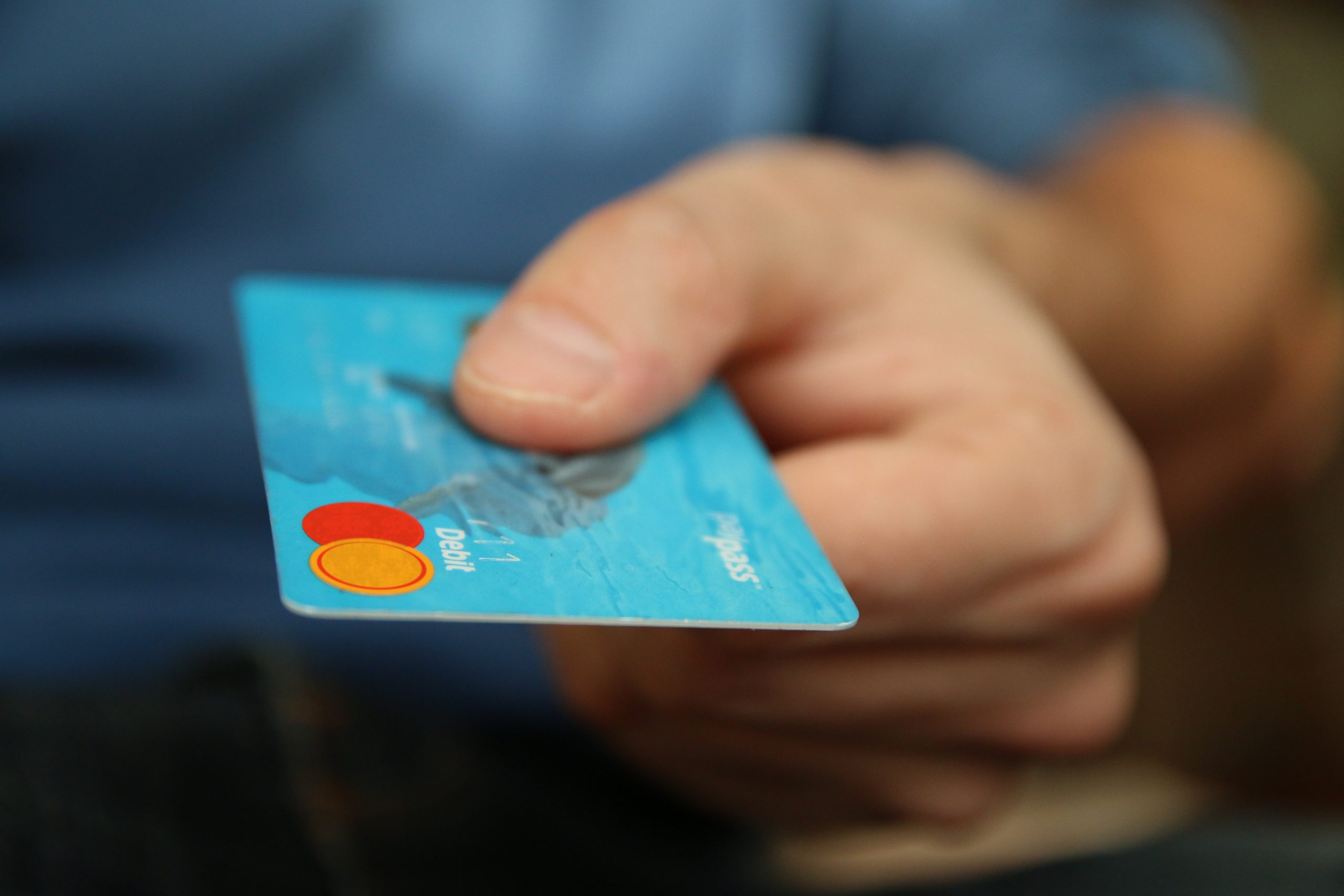A credit score affects your life in many ways, from the interest rate on a mortgage or car loan to whether an auto insurance company offers you a discount. It can even affect whether a landlord decides to rent you an apartment.
Most people know that good credit is essential and that if they want good credit, they need to protect their score by paying all their bills on time. But most people do not know the specifics of how to boost those numbers. In this post, we’ll discuss five solid methods for improving your credit score.
What Is Your FICO Score?
A FICO score is a number (three digits) based on the information from your credit report. This number helps lenders determine whether you’re likely to pay back the money you borrow – or not.
Your score is based on five main components: payment history (35 percent of the total), amounts owed (30 percent), length of credit history (15 percent), new credit accounts (10 percent), and type of credit used (10 percent).
Improving your FICO score can be challenging, but it’s not impossible.
How To Raise Your Credit Score
1. Pay Your Bills on Time
The first step is paying your bills on time. Late payments can dramatically hurt your score, so it’s crucial to pay all your bills on time each month. Keep track of when bills are due and set up automatic payment if it’s available. If you will be late, call the company that issued the bill as soon as possible and let them know when you will pay.
If you have to make a late payment, ask for a grace period of no more than 30 days so that you won’t have a late payment posted to your account.
After paying your bills on time for a few months, you can look at the other components of your score to see where you can improve things even more.
2. Check For Errors on Your Credit Report
When you first set out to raise your credit score, one of the first things you should do is check for any delinquencies on your credit reports. There are three primary bureaus responsible for consumer credit reporting in the US. These are:
- Experian
- Equifax
- TransUnion
Each year, consumers are entitled to receive a free report from each of the consumer credit reporting bureaus. You can do this by visiting AnnualCreditReport.com. Print out these documents and examine them. It can take a little time to look them over, but it’s vital that you understand the information they contain.
You will want to make sure all of your reported accounts (especially those that have been paid on time or in full) are listed on each company’s report. If there are some accounts appearing on one bureau’s report and not another, you may help improve your score by contacting the bureaus to have any discrepancies corrected.
Errors on any of these three reports can significantly lower a FICO score and make it difficult to get approved for many things, so checking them regularly is important, especially when trying to improve your credit score.
Hint: Normally, these reports are available at no charge once a year. However, due to the COVID 19 pandemic, you can currently access them once a week, so take advantage of that while you can.
3. Pay off Old Delinquent Debt and Collections
You may notice old debts that are delinquent or in collections when you access your credit reports. The first step is to make sure they are not errors. Occasionally, you may have paid off a bill that never got reported. You’ll want to ensure this discrepancy is removed.
However, now is the time to address these bills if you do have valid debts in your name. Even though collections activity may have ceased and a creditor is no longer calling you, you may still owe money. In fact, most collections will remain on your report for seven years. Therefore, if you want to improve your credit, you’ll want to pay these debts off.
Often, you can contact the creditor and negotiate a satisfactory payoff amount that will remove the negative information from your report, but make sure you get everything in writing. Then, set a goal to get those debts paid off as soon as possible. This is one of the quickest ways to improve your credit score.
If there is no extra money in the budget for paying off old debt, consider taking on a temporary side hustle like paid online surveys or some other work-at-home gig. This way, you may be able to earn enough to get those bills paid off without impacting your current finances.
Important: Don’t Get Scammed by Credit Repair Services!
Many websites claim to help you fix your credit, and while some legit companies do exist, steer clear unless you are absolutely sure they are reputable. These services often come with a hefty fee and will be doing things you can easily do yourself. Taking the time to learn about your credit will give you a lifetime of financial rewards, not to mention independence.
4. Keep Your Balances Low
As tempting as it is to use your credit cards, maintaining low balances helps you in more ways than one. Low balances may help you to have a higher score. If your credit card accounts each have balances greater than 30 percent of their limits, you will start to see your FICO score decline. This is called your debt-to-credit ratio, and it makes up nearly a third of your overall score.
If you are maxed out on all your cards, it will appear that you are having financial trouble and that you are not making enough money to meet your obligations. You can improve this ratio by making a large payment on each card with high credit usage. This will lower your debt-to-credit ratio, and you should see your score begin to rise within 30 to 90 days.
5. Beware Of Closing Accounts
When people try to improve their credit scores, they are often tempted to close their credit card accounts, thinking that this will help. However, having credit cards are a great way to build credit and improve those scores. This is because the longer you have an account in good standing open, the better it will look on your credit report. Closing an account (even if you pay off the total balance) can actually negatively affect credit scoring.
You may even want to use the zero balance card once or twice a month to purchase some incidental that you were going to buy anyhow (like a bottle of water or gas for the car). Then, when the bill comes, pay it off immediately. In this way, you will be maintaining a good score by showing that you have the means to pay your bills consistently and on time.











